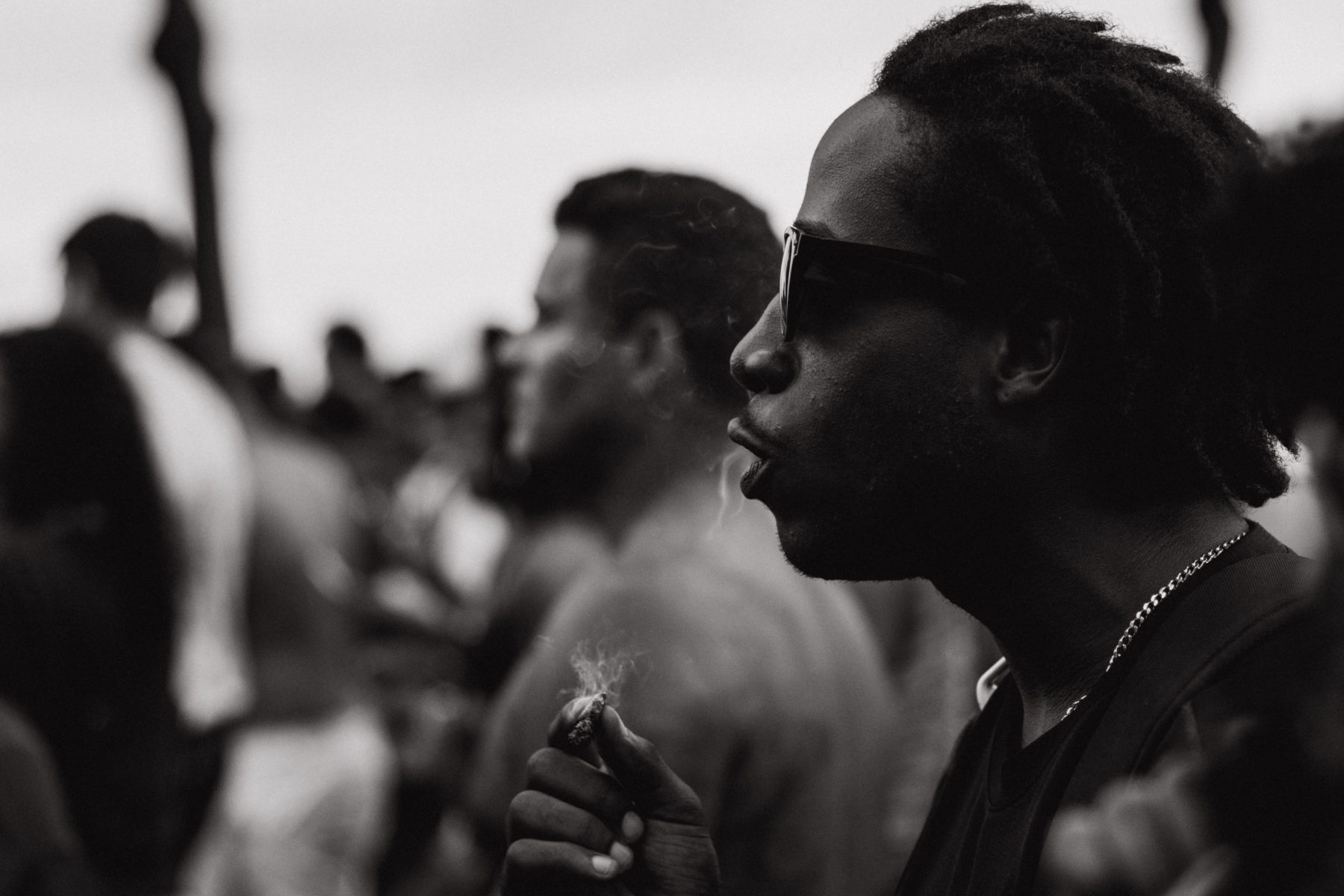On September 24, the nation’s first first cannabis social consumption cafe will open in West Hollywood, California. Lowell Farms will feature fine dining and drinks as well as cannabis products, which customers can smoke and otherwise consume on-site. The restaurant food will not be cannabis-infused, but customers will be able to purchase pre-packaged edible products.
The business was the first cannabis social consumption site to be licensed by the city, out of 300 applicants. Sixteen cannabis social consumption sites have been licensed, only eight of which will allow smoking and vaping on-site.
While recreational cannabis legalization has spread rapidly in the past several years, the existence of public spaces where people can legally consume cannabis has lagged behind. What sites do exist vary greatly, based on city and state laws. The accessibility of public consumption spaces has significant social justice ramifications, with low-income populations and public housing residents most likely to be criminalized for public consumption.
Some activists are concerned that the types of cannabis social consumption sites now springing up won’t serve the people who most need a safe space to use. “Low-income people won’t be exposed to a potential medicine if these businesses serve more high-end customers,” said Uneeda Nichols, founder of D.C. Sweet Sensations and Gurls Grow Dank, now based in Raleigh, North Carolina.
“We get the low end of everything when it comes to health and wellness,” she added. “People in Section 8 housing should be afforded the opportunity to choose a healthier way of life.” ‘Section 8’ refers to the Housing Choice Voucher Program, which provides financial assistance to low-income tenants buying or renting private homes.
Nichols is very familiar with the needs of cannabis patients in low-income and public housing; she helped organize with Washington, DC-based DCMJ on their “Bring It Home” campaign, which sought to protect medical marijuana patients in federal public housing throughout the US.
Housing owners and landlords who participate in the federal Section 8 program are not required to evict tenants who use cannabis. But as the US Department of Housing and Urban Development (HUD) has clarified in official memoranda, housing owners reserve the right to evict or terminate any tenants who use a federal controlled substance. This threat can force cannabis consumers outdoors, where they are vulnerable to arrest or harassment by police.
If these spaces merely become another luxury trend, they will fail the people who most need them.
This is why, absent a change in federal law, cannabis social consumption spaces may play an important role in low-income communities. But if these spaces merely become another luxury trend, they will fail the people who most need them.
San Francisco currently has more cannabis social consumption sites than any other city. But Los Angeles County may soon surpass it, led by West Hollywood. Forbes estimates that within the next year, West Hollywood will have twice as many cannabis social consumption sites as any other city.
AFAR travel magazine describes how several cannabis social consumption sites around the country operate. They include Moe Greens in San Francisco, where customers may pay $420 per hour for a private booth to smoke with five or six people. Across the bay in Oakland, Magnolia hosts customers bringing their own cannabis while also providing a “dab bar” and “vape bar.” Denver’s first licensed cannabis social consumption café, The Coffee Joint, allows consumption of any outside cannabis products—except smoking flower.
“We need safe places with knowledgeable staff,” Nichols said. “That includes proper intake, consumption, and proper regulation. They should also educate the public about safe dosage levels and how to make edibles, for example. We need to be businesses in the service of healing.”
Photo courtesy of Shot by Cerqueira via Unsplash.




